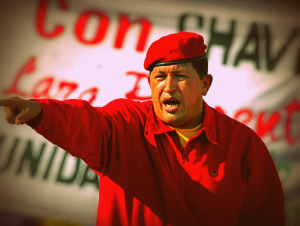“Conflict in International Politics: A Literature Review” written by Ryan Timothy Jacobs (September 7th, 2015) is an analysis of the various schools of thought; in regards to how conflict is a normal aspect of international relations. The value of the political philosophy that examines “why we fight” is essential to any individual that had an interest in international relations, from the beginning of human history, up until present day sovereign states and other international actors. This article, that I began writing in my graduate program at the University of North Carolina, Wilmington, introduces the Dependency Paradigm (Realists & Neorealists), Learned Cooperation (Institutionalism & International Mechanisms), Constructivism (such as Social Norms, Values & Beliefs and Social Networking), Post-Cold War Era (Ethnicity & Nationalism), Asymmetric Warfare (analyzing “Seven Deadly Tactics”), the Israeli-Palestinian Conflict (Social & Political Dynamics), and provides Conflict Management and Resolution Recommendations; regarding the Israeli-Palestinian Conflict, as well as Middle Eastern Rebel Organizations. The brief, twenty-three page article, introduces these various aspects of International Conflict as an introduction to those interested in exactly how in-depth conflict has impacted the world in which we live on a day-to-day basis. It also approaches conflict and conflict management from various perspectives, in order to illustrate a more objective examination of international conflict. The historical accession within the article details the seemingly evolutionary way that conflict has been managed and/or resolved, but also aims to detail that the vast majority of scholarly research has yet to be fully recognized by the international community, in order to further humanities ability to manage and resolve these issues that commonly arise out of a difference of political, religious, cultural, and economic reasoning that often is difficult to reach compromise between sovereign states.
CLICK HERE FOR THE .DOC VERSION OF THE ARTICLE: Conflict in International Politics – Literature Review – CMR 525
In the field of political science, large-scale conflict, and its resolution is analyzed through several different lenses. The theory of war however, tends to be rooted in classical and neorealist theories and focuses on security and power. Both domestic and international conflict can also be analyzed through the dependency paradigm. At the same time, theories of conflict resolution that exclude force with the exception of deterrence theory, are rooted in stitutionalism, and focuses on learned cooperation )game theory), sanctions, international law, and other international mechanisms for resolving stemming conflict. Constructivism, on the other hand, tends to focus on more abstract elements such as “collective memories” and identify politics….
_




















